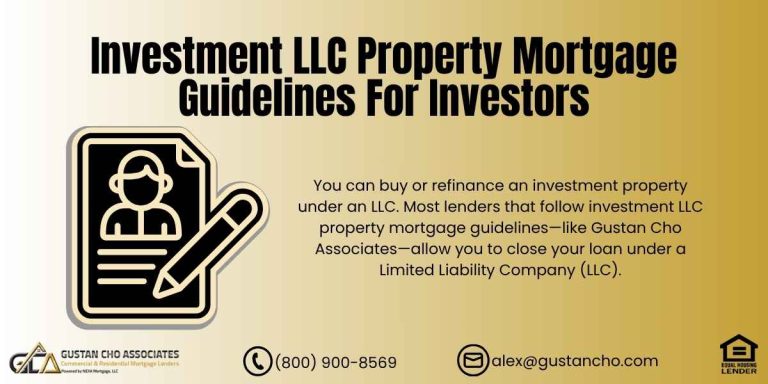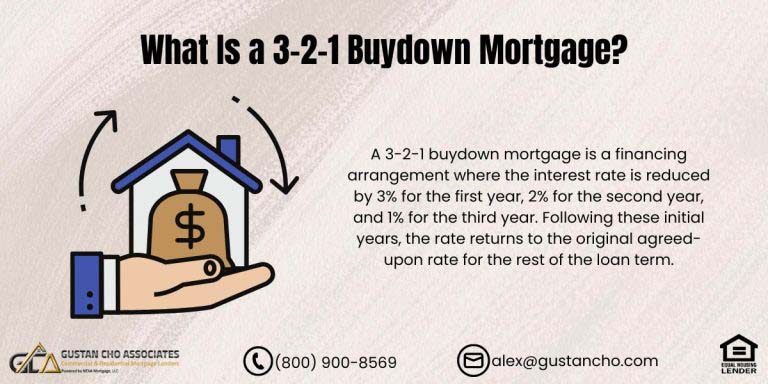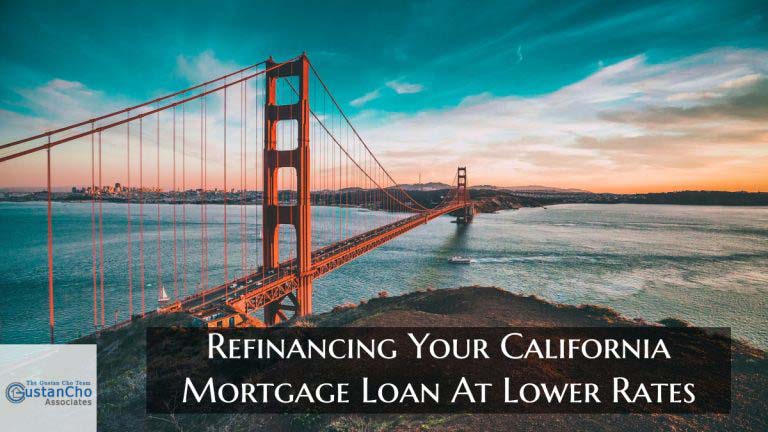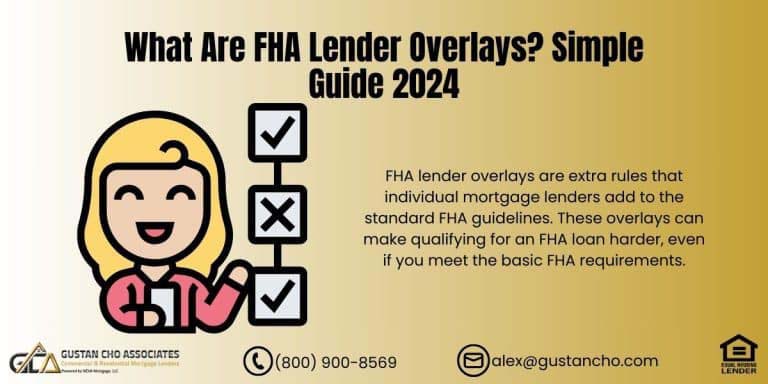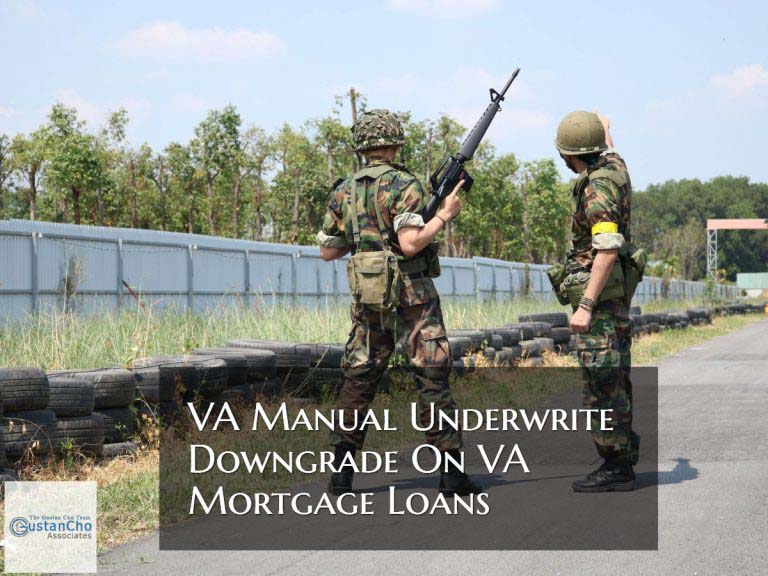This guide covers investmetn home pruchase mortgage guidelines. Investment home mortgage loans can be conventional or non-qm loans. Investment home purchase mortgage loans. If you are planning on getting investment home purchase mortgage loan, then Fannie Mae or Freddie Mac agency guidelines apply.
If you are planning on getting non-QM investment home mortgage loans, then the individual non-QM mortgage lender’s guidelines apply. Government loans such as FHA, VA, USDA are only for owner occupant homes.
Borrowers cannot purchase second homes and investment home purchase with government loans. There are conventional loans and non-QM loans as financing options on an investment purchase home. There are many options on non-QM loan programs for investment home purchases. In the following paragraphs, we will cover several typical investment home mortgage case scenarios besides conventional investment home purchase loans.
Financing Options on Investment Home Purchase Loans
Financing on investment home purchase is considered riskier loans by lenders than owner-occupant home loans. The way lenders see it, if there is a financial crisis in one’s household, the person is likely to bail on their investment properties than they would their primary owner-occupant homes. This is why mortgage rates on investment home purchase loans are higher than owner occupant loans. Also, large down payment is required on investment properties than it is on owner occupant or second homes. When purchasing an investment property, the mortgage options and requirements differ from those for primary residences.
In the following paragraphs, we will cover some key types of loans and factors to consider for financing an investment property:
Ready to Buy an Investment Property? Let Us Help You Secure the Right Loan!
Contact us today to explore your mortgage options and get pre-approved for your investment home purchase.
Types of Investment Property Loans
FHA Loans:
Description: Federal Housing Administration (FHA) loans are generally for primary residences but could be used if you plan to live in one of the units and rent out the others. Limitations: Only applicable for multi-unit properties where the owner lives in one unit.
VA Loans
Description: For eligible veterans, VA loans can finance multi-unit properties with no down payment, provided the veteran lives in one of the units.
Portfolio Loans:
Description: Issued by specialized lenders that keep these loans on their books rather than selling them on the secondary market. They can offer more flexible terms.
Commercial Loans
Description: Used for larger investment properties (e.g., apartment buildings) and typically require significant down payments (25-40%). Requirements: The property usually requires substantial rental income, and projected rental income may be considered part of underwriting.
Hard Money Loans
Description: Real estate investors often use short-term loans to purchase and renovate properties. They have higher interest rates but faster approval times. Drawbacks: Typically, higher fees and shorter terms (1-3 years).
Home Equity Loans or HELOCs
Description: Tap into the equity of your primary residence to fund the purchase of an investment property. Requirements: Subject to a loan-to-value ratio and credit requirements.
Private Lending
Description: Loans from individual investors or private companies. Terms vary widely and are often negotiated between the parties involved.
Factors to Consider on Investment Home Purchase
Financing an investment home purchase loan requires many factors borrowers need to take into account. Interest rates on investment homes or properties are higher than owner-occupant mortgage loans. The following factors should be taken into consideration financing an investment home purchase.
- Interest Rates: Investment property loans generally have higher interest rates compared to primary residence loans.
- Down Payment: Expect a higher down payment (usually 15-30%).
- Rental Income: Many lenders will consider projected rental income but may only include a portion to account for vacancies.
- Debt-to-Income Ratio: Lenders will scrutinize your debt obligations, especially if you have other investment properties.
- Credit Score: Aim for a higher credit score (typically 700+), as investment property loans usually require excellent credit.
- Cash Reserves: Lenders often require 3-6 months of cash reserves for mortgage payments.
Choosing the right financing for an investment property depends on your financial goals, property type, and creditworthiness. Consulting with a mortgage broker or financial advisor specializing in investment properties can help you navigate the options and determine the best fit for your investment strategy.
Fannie Mae Guidelines on Investment Home Purchase Conventional Loan
In this section we will cover Fannie Mae and Freddie Mac Guidelines on Investment Home Purchase Conventional Loans. Conventional Loans: Offered by banks or private lenders and often require higher down payments (typically 15-30%). Expect higher credit scores (around 700+), proof of income, and lower debt-to-income ratios.
The minimum down payment required for an investment home mortgage loan is a 15% down payment on conventional loans. ith a 15% down payment investment home mortgage loan, mortgage insurance will be required.
To avoid having to pay private mortgage insurance, a minimum of a 20% down payment is required. Investment homes can be a one to four-unit property tor qualify for Fannie Mae or Freddie Mac Conventional Loans. Many investment home mortgage loan borrowers want to know whether they can use the potential rental income from the investment home purchase if the subject purchase property is vacant. The answer is yes. Real Estate Investors can use the potential rental income of the investment home subject property to qualify for investment home mortgage loan with 25% down payment.
Looking to Purchase an Investment Home? We’ve Got the Financing You Need!
Reach out now to discuss your options and get pre-approved for your investment home purchase.
Can Rental Income Be Used With Investment Home Purchase?
Home Buyers who are purchasing an investment home and need the investment home rental income to qualify for the investment home mortgage loan and the property is vacant, an investment home appraisal will be ordered. The appraiser will research comparable rental income nearby intended investment home purchase and will come up with a rental income market value. The full market value rental income is not used. Only 75% of the market rental income will be used as additional income to qualify for investment home mortgage loan. Some lenders will go up to 85% of the market rental income for mortgage qualification purposes.
Owner Occupied Home To Investment Home
Many homeowners who currently own an owner-occupied residence and intend on purchasing another owner-occupied residence wonder if they can rent out their current owner-occupied residence and use it as an investment home. Homebuyers can do this, no problem. However, the new homebuyer will need to qualify for both mortgages: The current owner-occupied home mortgage and housing expenses. The new owner-occupant home purchase. Many folks cannot qualify for both mortgages and need to get the rental income of the first owner-occupied home in order to qualify for the new owner-occupied home purchase. They can use 75% of the potential rental income on their exiting property: However, 25% of equity is required
Using Potential Rental Income on Exiting Property
New home buyers who intend on keeping their exiting homes as a rental when they purchase a new owner occupant home can do it with potential rental income. In order to do this and be able to use the potential rental income of their first owner-occupied home, they must have at least 25% equity in their home. A refinance is not necessary. The lender will order an appraisal of the first owner-occupied home and see what value the appraisal come in at. The borrower then needs to pay down the equity so the loan to value is at least 75% LTV. The appraiser will come up with a market rental income rate. 75% of that market rental income rate can be used to qualify for the mortgage loan borrower’s debt to income ratio.
Qualifying For Mortgage With a Lender With No Overlays
Gustan Cho Associates is a national lender with no overlays on government and conventional loans. Gustan Cho Associates Mortgage Group also offers non-QM loans and bank statement mortgage loan programs for self-employed borrowers. Borrowers who need to qualify with a direct lender with no overlays can contact us at Gustan Cho Associates at 800-900-8569 or text us for faster response. Or email us at gcho@gustancho.com. Our team of licensed loan officers and support staff is available 7 days a week, evenings, weekends, and holidays.
FAQs: Financing Options For an Investment Home Purchase
- What Types of Loans Are Available for Investment Home Purchases? Conventional loans require higher down payments (15-30%) and credit scores (700+). Non-QM loans offer more flexible terms. Portfolio loans have flexible terms and are issued by specialized lenders. Commercial loans are for larger properties and require down payments (25-40%) and rental income. Hard money loans have higher rates and are short-term solutions for purchasing and renovating properties. Home equity loans and HELOCs use primary residence equity for investment purchases. Private lending involves loans from individuals or companies with terms negotiated between parties.
- Can Government Loans Be Used for Investment Properties? Government loans such as FHA, VA, and USDA are only available for owner-occupied homes. However, FHA and VA loans can be used for multi-unit properties if the owner lives in one of the units.
- Why Are Interest Rates Higher for Investment Properties? Lenders view investment property loans as riskier than owner-occupied home loans. If a financial crisis occurs, borrowers are more likely to default on investment properties than their primary residences. This perceived risk results in higher interest rates and larger down payment requirements for investment property loans.
- What Are the Key Requirements for Investment Property Loans? For investment properties, interest rates are higher than primary residences, with a 15-30% down payment. Lenders consider projected rental income, but only a portion. A higher credit score of around 700 and 3-6 months of cash reserves for mortgage payments are required.
- Can Potential Rental Income Be Used to Qualify for a Mortgage? An appraisal will estimate the market rental value if the investment property is vacant. Lenders typically use 75% of this estimated rental income to qualify borrowers for the mortgage.
- Can I Convert My Owner-Occupied Home to an Investment Property? Yes, you can rent your current owner-occupied home and use it as an investment property when buying a new one. To meet the qualification requirements, you must qualify for both mortgages or use 75% of the potential rental income from your existing property.
- What If I Need a Lender with No Overlays? Gustan Cho Associates is a national lender offering conventional and non-QM loans with no overlays. They provide various loan programs, including those for self-employed borrowers. For more information, you can contact them at 800-900-8569 or email gcho@gustancho.com.
- How Can I Determine the Best Financing Option for My Investment Property?Choosing the right financing depends on your financial goals, property type, and creditworthiness. A mortgage broker or financial advisor with expertise in investment properties can assist you in examining your choices and determining the most appropriate investment plan.
For further inquiries, you can contact our team of licensed loan officers at any time.
Ready to Buy an Investment Property? We Offer Flexible Financing Options for Homebuyers!
Reach out today to find the right loan for your needs and start the process of purchasing your next investment home.





